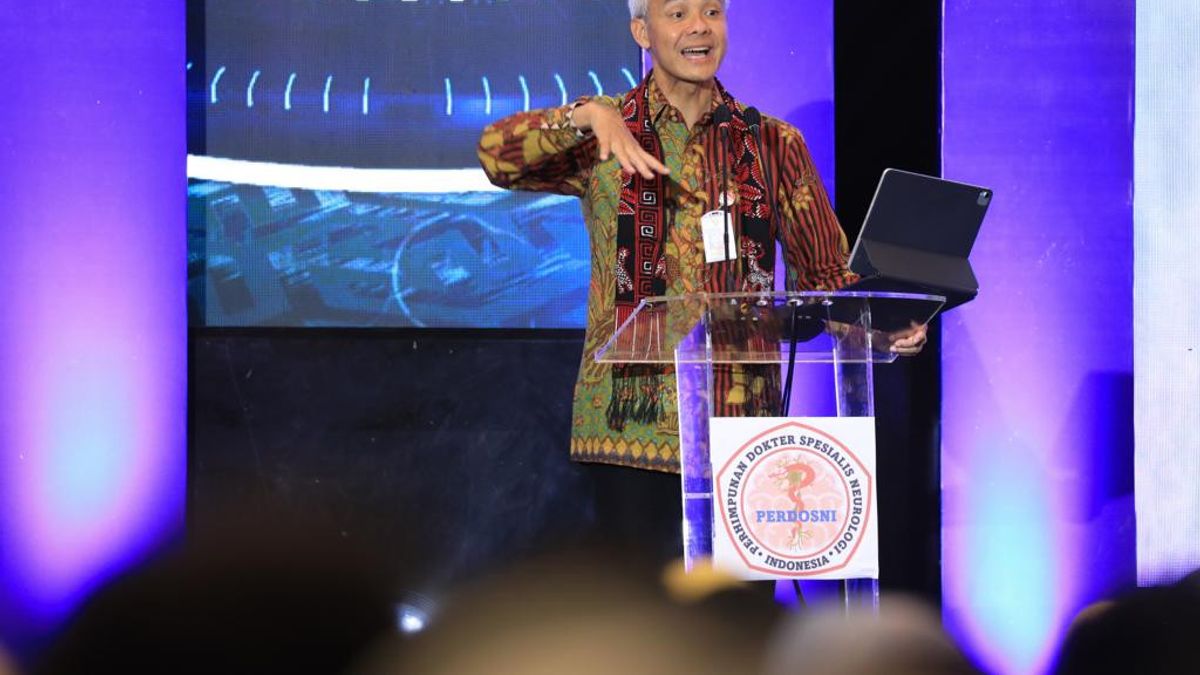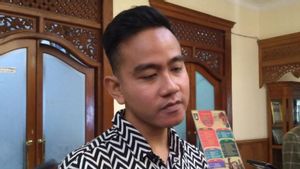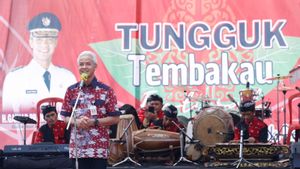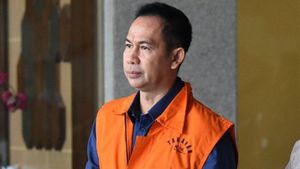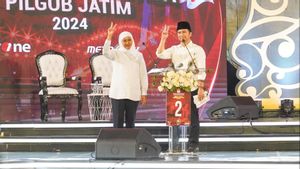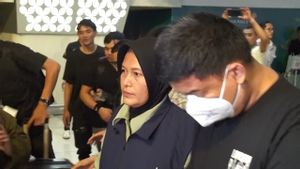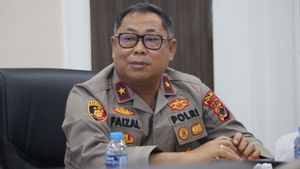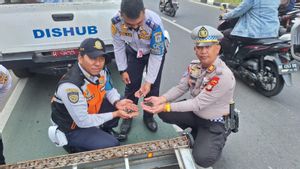SEMARANG - To face future health challenges, medical science and health services must be improved. Especially in dealing with triple burden disease, namely infectious disease, non-communicable disease, and the emergence of new diseases.
This was conveyed by Central Java Governor Ganjar Pranowo when opening the National Congress of the Indonesian Neurology Specialist Association (Perdosni) at Padma Hotel, Semarang City, Friday, August 4.
"Now in the world of health, there is a triple burden disease that must be taken care of. Contagious, non-communicable, and new diseases. So if today many from the medical world always upgrade their knowledge and then always improve their service facilities, the medical world will grow," said Ganjar.
Ganjar gave an example of the emergence of a new disease, namely Covid-19. This new disease has crippled the world's activity for approximately two years.
This is where the doctor's scientific update is the key, how this disease can be overcome, as well as how people's awareness in practicing a healthy lifestyle.
Ganjar said that the scientific increase must also be carried out by neuroscientists or neurologists who are members of Perdosni. These neurosystem specialists must also continue to develop themselves by increasing their knowledge so that they can provide the best treatment.
SEE ALSO:
"These doctors who are experts and great are now upgrading their knowledge, updating their knowledge, so how can they save the better. If then it can be done, several diseases such as stroke which are the highest mortality factors can be handled properly," he said.
In terms of service, new knowledge, reliable new personnel, and technology, it is certain to be needed. Therefore, the capacity building of human resources and the use of technology needs to be done. Moreover, looking at Indonesia's very broad geography so that maximum service is needed for the community.
"The world of medicine with great technology has survived. There are many services provided to the community, sufficient facilities are needed, the ratio of services to Indonesia, which is big, asking for forgiveness and sophisticated equipment so that later the most sophisticated services can be given to the people," he said.
Likewise with the distribution of doctors and medical facilities which must also be evenly distributed. Ganjar said that so far the distribution of doctors in Indonesia is not enough. Specialist doctors are also still lacking so it is necessary to accelerate.
"(For the distribution of doctors) there must be a lack of answers," he said.
Perdosni chairman, Dodik Tuanworo, said there were 2,361 neurologs that were members of Perdosni. They are spread across 29 Perdosni branches throughout Indonesia. Meanwhile, the current neurology education center is still around 14 locations and over time there will be three new places.
"We know how important neurologs will be in the future. Elderly age is increasing. Based on existing data, stroke is at the highest death rate in Indonesia. Not to mention the decline in productivity as we get older," he said.
The English, Chinese, Japanese, Arabic, and French versions are automatically generated by the AI. So there may still be inaccuracies in translating, please always see Indonesian as our main language. (system supported by DigitalSiber.id)
